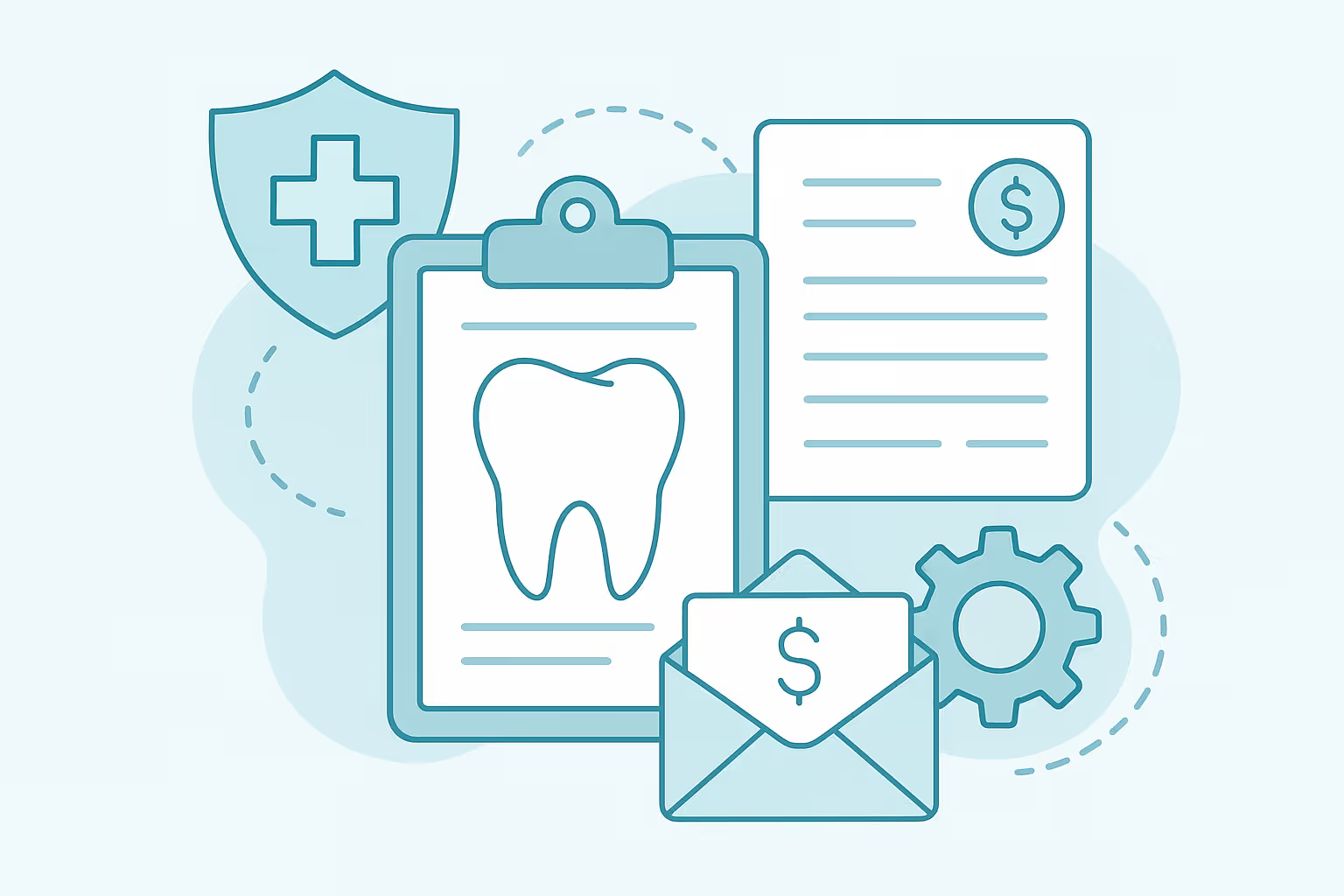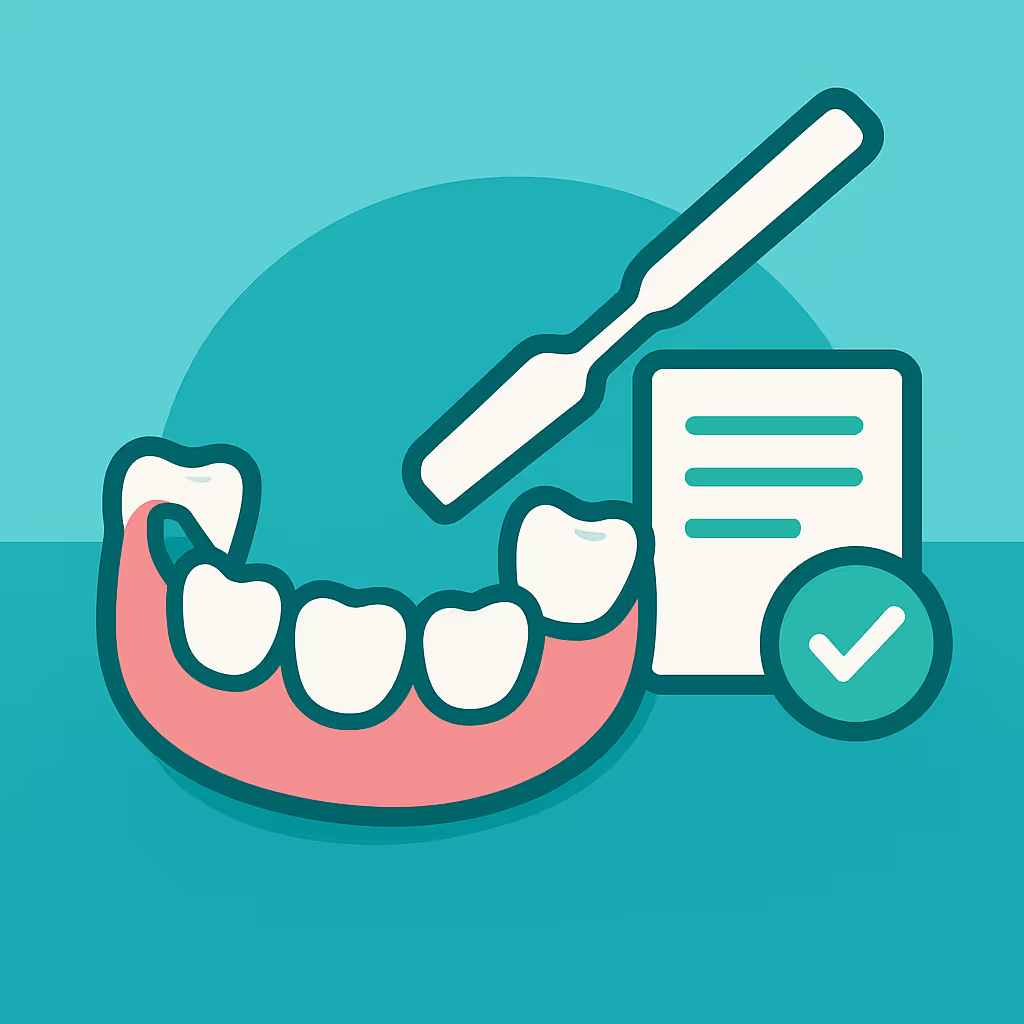Understanding Dental Code D9991
When to Use D9991 dental code
The D9991 dental code is designated for dental case management services, specifically addressing patient motivation and education. This CDT code is used when a dental team provides extra time and resources to help a patient overcome barriers to care, such as dental anxiety, complex medical histories, or lack of understanding about oral health. D9991 should not be used for routine patient education that is part of standard preventive care; instead, it applies when significant, individualized case management is necessary to ensure the patient receives appropriate dental treatment.
Documentation and Clinical Scenarios
Proper documentation is critical when billing for D9991. Dental teams should clearly record the specific challenges faced by the patient, the additional time spent, and the strategies used to address those barriers. For example, if a patient with special needs requires multiple counseling sessions to understand their treatment plan, or if a language barrier necessitates extra communication and coordination, these details must be documented in the clinical notes. Supporting documentation should include:
- The patient’s unique barriers to care (e.g., anxiety, transportation issues, medical complexity).
- Details of the case management activities performed (e.g., motivational interviewing, coordination with caregivers, extra educational sessions).
- The time spent and outcomes achieved (e.g., patient agreed to proceed with treatment, improved compliance).
Thorough documentation not only supports the claim but also helps in case of insurance audits or claim appeals.
Insurance Billing Tips
Billing D9991 successfully requires a proactive approach. Here are actionable tips:
- Verify Coverage: Not all dental insurance plans cover D9991. Check eligibility and benefits before providing the service to avoid denials.
- Submit Detailed Claims: Attach comprehensive clinical notes and, if possible, a narrative explaining why case management was necessary for this patient.
- Use Correct Coding: Do not bundle D9991 with other preventive or routine codes. Only use it when additional, non-routine case management is provided.
- Appeal Denials: If a claim is denied, review the EOB for the reason, supplement your documentation, and submit a timely appeal with additional justification.
Following these steps helps maximize reimbursement and ensures compliance with insurance requirements.
Example Case for D9991
Consider a patient with severe dental anxiety who has avoided care for years. The dental team spends extra time using motivational interviewing techniques, coordinates with the patient’s primary care provider, and arranges multiple educational sessions to build trust and explain the treatment plan. All these efforts are documented in the patient’s chart, and the D9991 code is submitted with a detailed narrative. The claim is approved because the documentation clearly demonstrates the necessity and extent of the case management services provided.
By understanding when and how to use D9991, dental practices can better support patients with complex needs while optimizing their revenue cycle management and ensuring accurate insurance billing.





